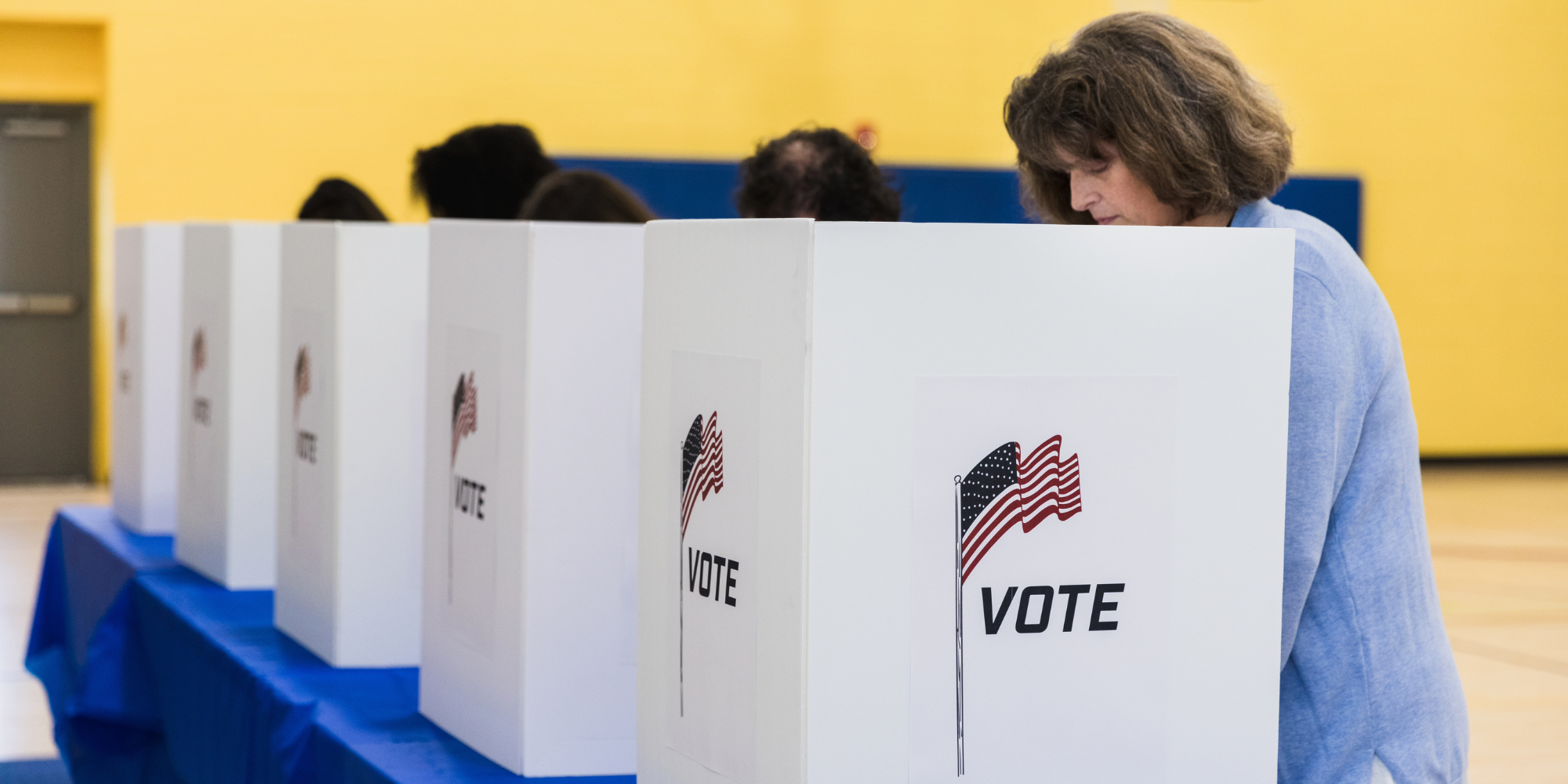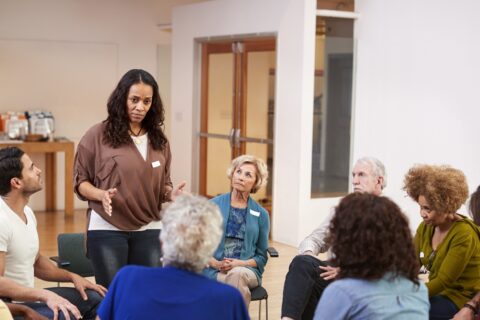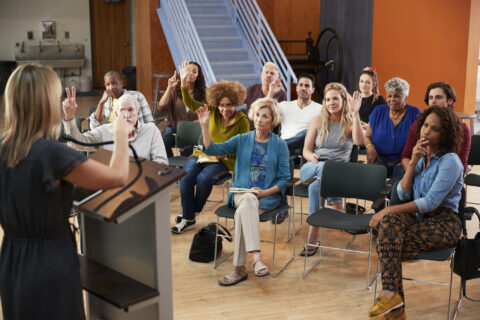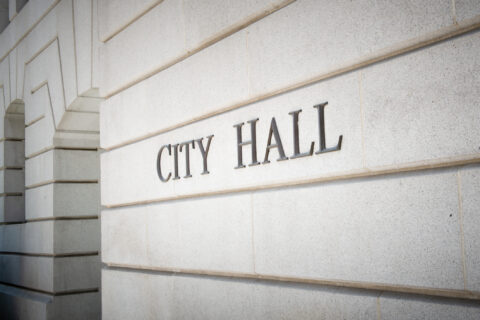Across the country, residents are coming together to celebrate one of our country’s oldest and proudest traditions: participatory democracy. At town halls, libraries, elementary schools, and community centers, voters sign their names, take their ballot, and cast their vote, often with the assistance of a poll worker. Poll workers were one of the few faces many saw amid a pandemic that isolated friends and loved ones from one another.
In recent years, many have sought to decouple elections from a sense of community, accusing individuals across state and county lines of nefarious actions. Local officials, from temporary poll workers all the way up to mayors are viewed with suspicion. A new report from the Princeton Bridging Divides Initiative found that “local officials in education, healthcare, and election administration are often serving the public in a hostile environment, marked by targeted threats on their life and harassment against them and their families.” Dehumanizing language, the anonymity of social media, and widespread disinformation have contributed to a toxic atmosphere in which local officials are no longer seen as members of the community, but as a faceless enemy.
While it’s natural for people to be frustrated, confused, and even angry, threats and harassment have no place in American democracy. As Abraham Lincoln put it, “A house divided against itself cannot stand.” The sentiment remains as true today as it was 162 years ago.
By its nature, a democratic election concludes with a winner and a loser, and throughout history, American leaders have upheld the tradition and value of bowing out with grace. After Lincoln’s defeat of Senator Stephen Douglas in 1860, Douglas stood close to Lincoln’s side at the inauguration to show his support for the President. When Adlai Stevenson conceded to Dwight Eisenhower nearly a century later, he noted, “It is traditionally American to fight hard before an election. It is equally traditional to close ranks as soon as the people have spoken.”
At the local level, vitriol can be especially hurtful, drawing divisions between people who see each other often: at the grocery store, picking their children up from school, walking their dogs. By the same token, though, the close relationship that local leaders share with residents gives them a unique opportunity to promote civility.
For many of the local leaders that NLC represents, November 8th will bring disappointment, not just at losing an election but at no longer serving their communities in their capacity as elected officials. The way in which they take that loss, though, provides them with an opportunity to lead by example and uphold the proud, if difficult, tradition of putting unity ahead of politics.
The National League of Cities has the honor of working with local officials representing cities, towns and villages large and small, from Alaska to Florida, and they come from a wide variety of backgrounds and political viewpoints. After each election, NLC’s membership looks a little bit different, but the work of the officials whose terms have ended will still be of vital importance to their communities.
For officials who will no longer be in office in January, those whose first terms will soon begin, and those continuing to serve, the commitment to strong communities, respect for one another, and the preservation of democracy is of deep importance. Far beyond what divides individuals, NLC and its members stand united in the commitment to a more perfect union.










